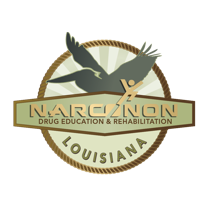Ativan Abuse
Ativan is the brand name for Lorazepam, an anti-anxiety agent. Ativan is a benzodiazepine and mild tranquilizer, sedative, and central nervous system (CNS) depressant. Ativan is very addictive. Ativan can cause psychological and physical addiction. Individuals develop an addiction to Ativan because it produces feelings of well-being. Once an individual has developed an addiction to Ativan they will often get multiple prescriptions from different doctors to support their addiction. Ativan activates the brain’s reward systems. The promise of reward is very intense, causing the individual to crave more Ativan and to focus his or her activities around taking the drug. The ability of Ativan to strongly activate brain reward mechanisms and its ability to chemically alter the normal functioning of these systems is what produces an addiction to Ativan. Ativan also reduce a person’s level of consciousness, harming the ability to think or be fully aware of present surroundings.
Withdrawal symptoms, similar in character to those noted with barbiturates and alcohol have occurred following abrupt discontinuance of Ativan. The more severe withdrawal symptoms have usually been limited to those patients who received excessive doses over an extended period of time.
Ativan Withdrawal symptoms include but are not limited to:
” insomnia
” ringing in the ears
” shaking
” tremors
” sweating
” nausea
” convulsions
” abdominal and muscle cramps
” vomiting
